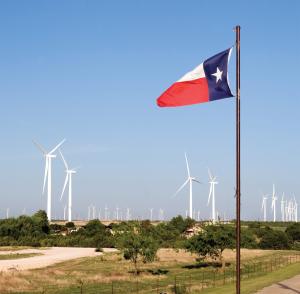A hard year puts deregulation to the test.
Steven Andersen is a freelance writer based in New York. Email him at andersenwriting@gmail.com.
In the spring, a series of price spikes forced several Retail Electric Providers (REPs) out of business, and led briefly to dramatically higher rates for some customers.

In September, Hurricane Ike—the third costliest hurricane ever to hit the United States— slammed into the Texas coast, wreaking havoc on utility infrastructure. CenterPoint Energy alone announced repair costs totaling $750 million.
Then there’s the global economic crisis. The utility sector, as the third-largest borrower after the financial sector and the federal government, already faces massive exposure to the credit crunch. But that exposure is amplified for Texas REPs, which require large amounts of capital to cover their positions in the Electric Reliability Council of Texas’s (ERCOT) various markets (see sidebar, “Texas Credit Quality”).
Such developments set the stage for a November 18 pre-session hearing of the Texas Senate Business and Commerce Committee, which oversees regulated industries. Committee Chairman Sen. Troy Fraser billed the hearing as an annual forum in which to ask the central question, “Is our deregulated market working?” The first person to testify responded by invoking Dickens.

